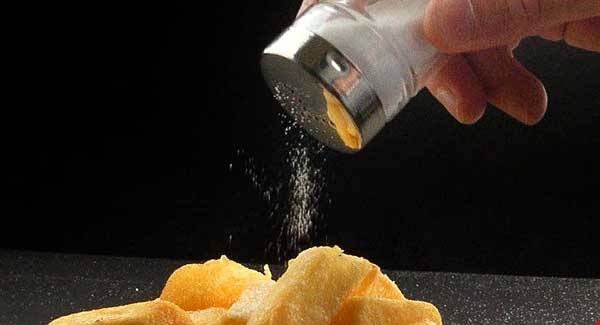A recent research suggests that low-salt diets may not be beneficial to the majority of individuals. In fact, consuming very low levels of sodium could do more harm than good.
Scientists at the Population Health Research Institute (PHRI) of McMaster University and Hamilton Health Sciences examined the correlation between sodium intake and the risk of heart disease and strokes.
The large-scale study by the university’s Population Health Research Institute involved more than 130,000 people from 49 countries, and looked at the relationship between sodium intake and stroke, heart disease and death. The researchers particularly focused on the differences between people with high blood pressure compared to those with normal blood pressure when it came to the effects of salt on the body.
The results showed that regardless of a person’s blood pressure level, a low sodium intake was in fact linked with more heart attacks, strokes, and deaths compared to an average intake, Science Daily reports.
According to Dr. Andrew Mente, associate professor at the McMaster’s School of Medicine and lead author of the study, “these are extremely important findings for those who are suffering from high blood pressure,” who might be unnecessarily lowering their daily sodium targets.
While the study did find that reducing high salt intake is beneficial for people with hypertension, the results do “not support reducing salt intake to low levels.” Regardless of a patient’s hypertension status, the risks associated with low sodium intake are consistent across the board.
“This study adds to our understanding of the relationship between salt intake and health, and questions the appropriateness of current guidelines that recommend low sodium intake in the entire population,” says study co-author Dr. Martin O’Donnell. In other words, it’s probably OK to add that extra pinch of salt to your dinner tonight.
Agencies/Canadajournal
 Canada Journal – News of the World Articles and videos to bring you the biggest Canadian news stories from across the country every day
Canada Journal – News of the World Articles and videos to bring you the biggest Canadian news stories from across the country every day



